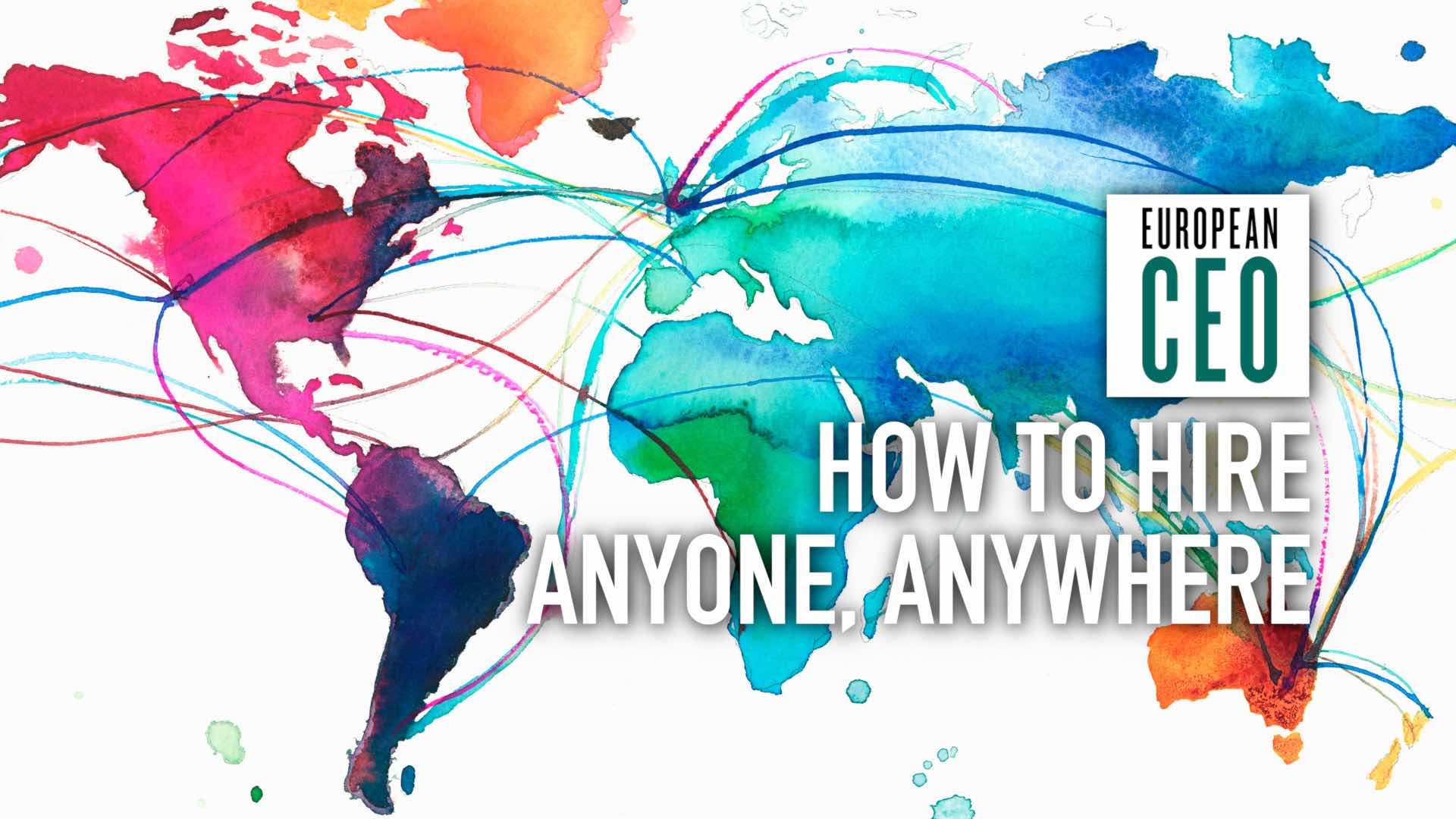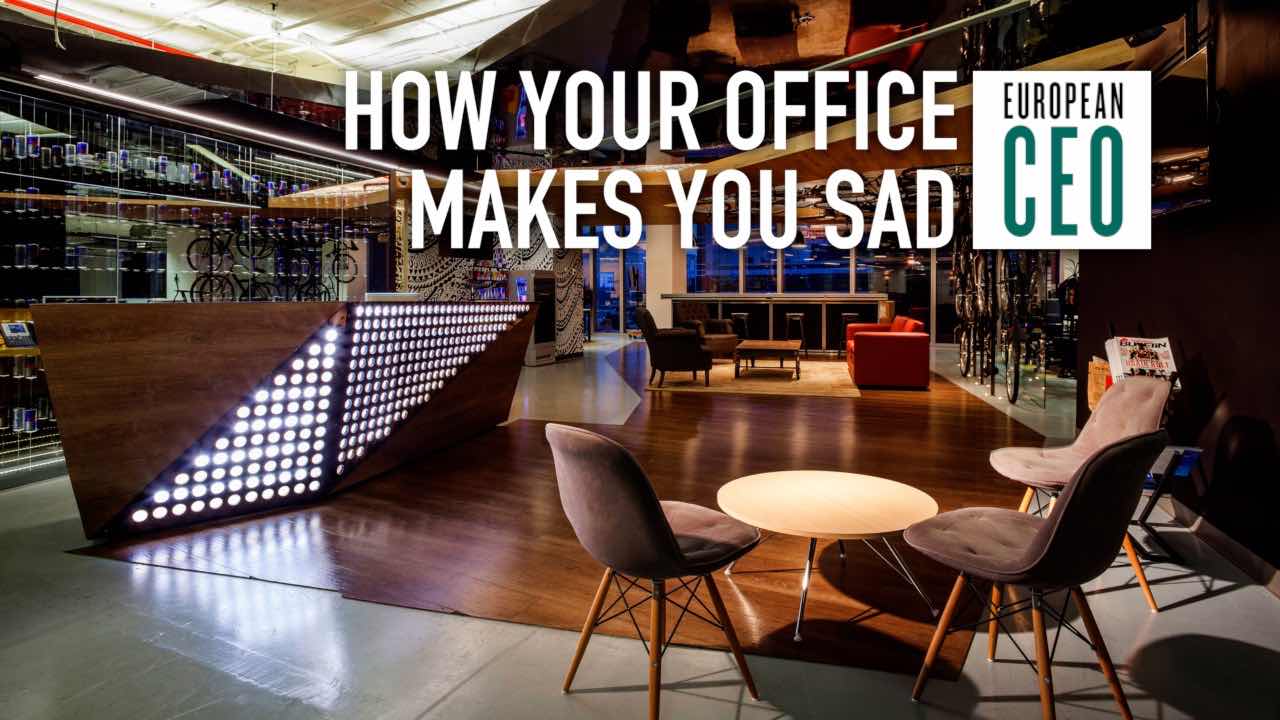Putting the customer second: how 60K sustains its family culture
Prioritising staff welfare and satisfaction through Investors in People has helped 60K International Contact Centres excel
Transcript
It’s 2015, and business process outsourcing company 60K International Contact Centres is growing 40 percent year on year. But when scaling up your client base means scaling up your workforce to match, how do you sustain a positive workplace environment, and retain your valued staff? CEO Jon Gladwish explains how 60K’s sudden success and rapid growth was destroying the company’s family culture, leaving its staff feeling unsupported. But, through adopting the Investors in People standard, the business was able to identify roadblocks to positive staff engagement and improve morale and performance.
European CEO: Take me back to that time. 60K started with just 200 employees; what was the culture like?
Jon Gladwish: The culture had a real family feel to it. Everybody pulled together, I knew everybody within the management team and the people who actually worked for me. I would know them by name, I would know a little bit about their family history, their likes, their dislikes. So it was very, very easy for us to gel together and to produce the excellent results that we were doing at the time.
We were growing 40 percent year on year, and this wasn’t just revenue: this was in staffing. And so the culture was changing because of the pressure on the company to grow, and to induct people as quickly as possible, because of the demands of the clients.
So bringing new people in, assimilating them into the culture of the company started to become a little difficult. Because we were working very, very hard. People had less time to pay attention to the little nuances that you need when introducing and inducting staff to the company.
European CEO: Can you give me an example of a way that the culture was changing?
Jon Gladwish: So, people felt that they weren’t cared for. Or, weren’t trained enough to have the skills to actually start the job on the first day.
And it was quite frightening for them. If you feel that you haven’t received the adequate training, or you’re not getting the adequate support when you first pick up that phone and answer to an angry customer, you suddenly feel out of your depth.
We were actually letting them down. They didn’t feel secure, they were nervous, and they didn’t feel that they really were given the tools and the skills to do the job.
I read a book very, very many years ago called The Customer Comes Second. And if you look at all the different customer service books that are written, this is almost anti-whatever is suggested. It’s always the customer is king, the customer can do no wrong. But the ethos of this book was, if you put your staff first then they will always put the customer first. So we embarked on a practice to improve the benefits and the facilities for all the staff who worked at 60K.
European CEO: The solution that you found and adopted was the Investors in People standard; how did that work for you?
Jon Gladwish: That worked very, very well. Because we’d grown so quickly. What we were really looking for was their engagement into the company. That they realised that the company would care about them, look after them. And in turn, that they would give the same back to the company.
And this is what we had. The people there, they lived and breathed 60K. And this is what prepared us and enabled us to have such success that we did.
What we discovered was there were actually pinch points within the company. And basically it was down to communication. The communication being passed down by me, and the communication coming up from the staff was almost being filtered by the middle management. Because a lot of these managers, the middle managers, were grown organically within the company. So they were promoted quite rapidly, but didn’t actually have the skills to help them to do the job. And this is what we found we had to build on, and with the help of Investors in People were able to do.
European CEO: What was the hardest lesson you had to learn as CEO, as part of this process?
Jon Gladwish: The hardest lesson for me was that, as a company grows and I was concentrating on developing the business further and further, I was losing touch with what was going on, on the shop floor, as it were.
And so it was getting back to becoming more involved with the staff and their concerns and their needs.
I remember many years ago, when I started my working life, going into the lift with my boss. And he didn’t even look at me. He looked everywhere: at the ceiling, at the floor, but didn’t acknowledge me at all. And what I always do is, I say hi, how’s it going today? How’s our customers, have you had any problems? Is there anything you want to share with me?
European CEO: So what advice would you give to other CEOs who want to create a similar culture for their business?
Jon Gladwish: Well the advice I would give to them is to be open. All the time.
We have an open door policy, so they can actually come to me: if my door is open, they can walk inside. If I’m outside, we have a restaurant, if I’m having a coffee, they can come, sit at my table, talk to me. We have open email communication. All of them have my direct phone number and can phone me 24 hours a day. And it doesn’t matter, they can be a new starter who’ve only been with the company a week: they are given this channel of communication.
European CEO: Jon, thank you very much.
Jon Gladwish: Thank you.


 Hire anyone, anywhere: how Globalization Partners powers growth
Hire anyone, anywhere: how Globalization Partners powers growth How our workspaces make us depressed, and why they don’t have to
How our workspaces make us depressed, and why they don’t have to